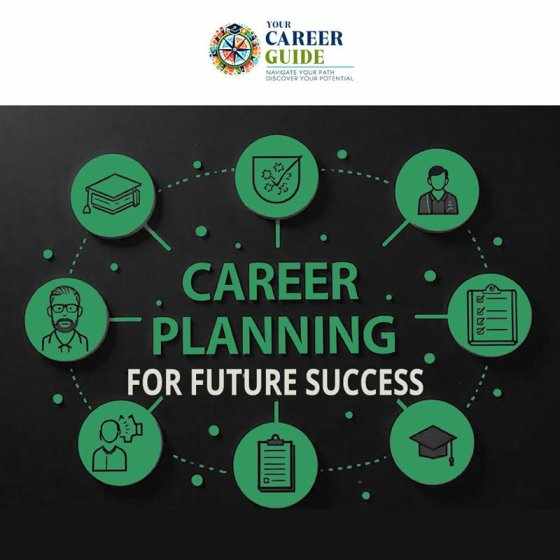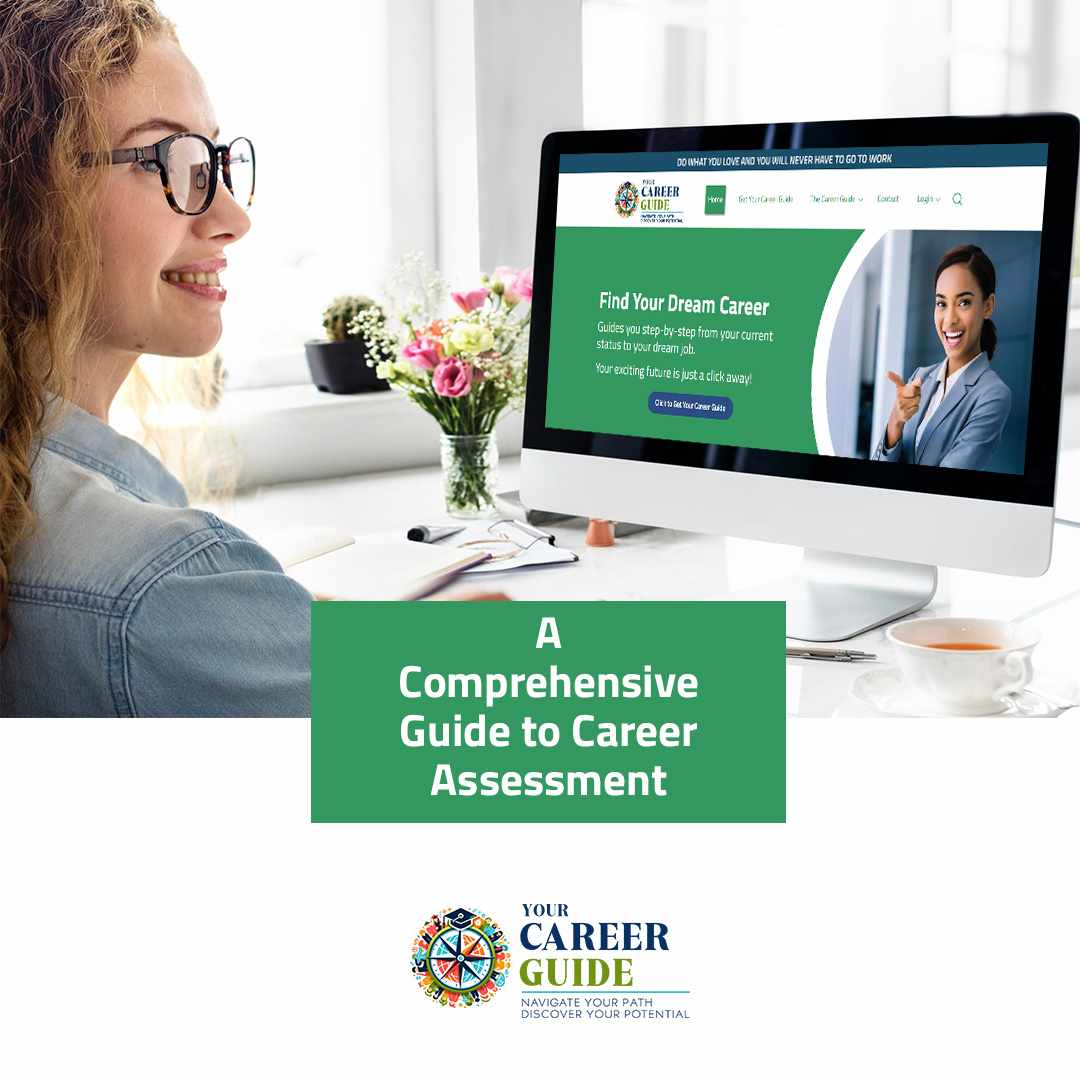
Making the right career choice is one of the most significant decisions in life. Whether you're a student choosing your first job or a professional considering a career shift, making informed decisions is crucial for long-term success and satisfaction. A structured approach can help reduce stress and lead to a fulfilling career.
In this career guide, we’ll walk you through 10 essential steps to make better career decisions, ensuring that your career planning aligns with your personal and professional aspirations.
1. Assess Your Interests and Strengths
Before making any career decision start by evaluating what truly excites you. Identifying your interests, strengths, and weaknesses can help you choose a career that suits your natural abilities.
Take self-assessment tests like Myers-Briggs or Holland Code.
Reflect on past experiences—what tasks or subjects have you enjoyed the most?
Consider your skills—are you good at problem-solving, creativity, communication, or leadership?
2. Set Clear Career Goals
Setting specific, achievable goals helps in making better decisions. Define what you want from your career in the short and long term.
Do you want a high-paying job, work-life balance, or creative freedom?
Where do you see yourself in 5 or 10 years?
Break long-term goals into short-term milestones to track progress.
3. Research Different Career Options
Once you have clarity on your interests and goals, explore different career paths.
Use online resources like career websites, LinkedIn, and job descriptions to understand the requirements.
Talk to professionals in your desired field to get insights.
Consider alternative careers that align with your strengths and passion.
4. Analyze Market Trends and Job Demand
Understanding industry trends can help you make a secure career choice. Some industries are growing rapidly, while others are declining.
Research job market demand for your chosen field.
Look at salary trends and future growth projections.
Consider job stability, automation risks, and evolving job roles.
Also Read: Exploration Behavior
5. Seek Career Guidance and Mentorship
Getting advice from experienced professionals can provide valuable insights.
Connect with career counselors or mentors who can guide you based on their experience.
Join networking groups or professional organizations to expand your contacts.
Attend industry events, webinars, or workshops to gain knowledge.
6. Gain Relevant Skills and Qualifications
Once you've identified your preferred career, work on acquiring the necessary skills.
Pursue relevant education, certifications, or training programs.
Develop soft skills like communication, teamwork, and problem-solving.
Gain hands-on experience through internships, freelancing, or volunteer work.
7. Evaluate Work-Life Balance and Job Satisfaction
A successful career isn’t just about money—it’s about overall job satisfaction and balance.
Consider the working hours, job stress, and flexibility in your chosen field.
Think about company culture and values—do they align with your personal beliefs?
Prioritize mental and physical well-being while making a career choice.
8. Test Your Career Choice Through Experience
Before committing, try gaining real-world experience to confirm if it’s the right path for you.
Take up internships, part-time jobs, or freelance projects.
Shadow professionals in your field to get hands-on exposure.
Use job simulations or online platforms to explore work environments.
9. Weigh the Pros and Cons
Making an informed decision requires careful consideration of all aspects.
List down the benefits and challenges of your chosen career.
Compare multiple options before finalizing your decision.
Seek opinions from trusted mentors, family, and friends.
10. Take Action and Stay Adaptable
Once you've made your decision, take action confidently and remain flexible.
Start applying for jobs or enroll in necessary courses.
Keep learning and upskilling to stay relevant in the evolving job market.
Be open to changes and pivot your career if needed.
Final Thoughts
Making a better career decision involves self-assessment, research, skill development, and adaptability. This career guide aims to help you navigate the career planning process effectively. By following these 10 steps, you can confidently choose a career that aligns with your passions, skills, and long-term goals.
Are you currently facing a career dilemma? Share your thoughts or questions in the comments!








Write a comment ...